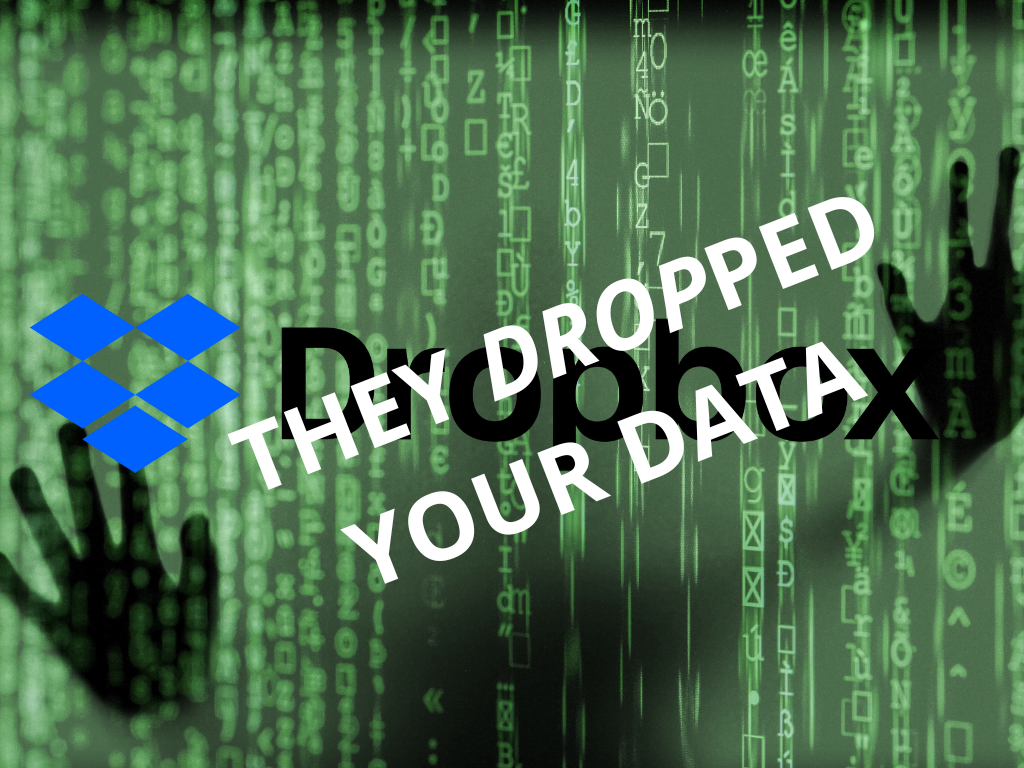In today’s interconnected digital landscape, cybersecurity breaches have become an unfortunate reality. The recent intrusion into Dropbox Sign’s infrastructure highlights the critical need for small businesses to fortify their cybersecurity defenses. This breach, discovered on April 24th, exposed sensitive customer data, including emails, usernames, and hashed passwords. Beyond the immediate consequences of compromised data lies the potential for lasting reputational damage and financial loss. What a disaster.
Small businesses, often operating with limited resources and personnel, are particularly vulnerable to the fallout from data breaches. In addition to financial ramifications and regulatory scrutiny, breaches can erode customer trust and loyalty—a cornerstone of business success. Moreover, the normalization of breaches in today’s digital age fosters a dangerous sense of complacency, obscuring the gravity of cybersecurity threats.
Implementing robust cybersecurity measures is paramount for small businesses striving to protect their assets and reputation. Strong password policies, multi-factor authentication, and encryption protocols are essential components of a comprehensive cybersecurity strategy. Additionally, investing in employee training and awareness programs can empower staff to recognize and respond to potential threats effectively.
Furthermore, proactive monitoring and auditing of systems can help detect and mitigate security incidents in real-time, minimizing the impact of breaches. Developing detailed incident response plans ensures that businesses are prepared to address breaches promptly and effectively, mitigating potential damage and facilitating swift recovery.
Actionable Strategies for Small Businesses:
- Strengthen Password Security: Implement robust password policies and multi-factor authentication to enhance access control and prevent unauthorized access to sensitive systems and data.
- Educate Employees: Provide comprehensive cybersecurity training to employees to raise awareness of common threats and empower them to recognize and respond to suspicious activities.
- Implement Encryption: Utilize encryption protocols to protect data both in transit and at rest, safeguarding it from unauthorized access and interception.
- Monitor and Audit Systems: Deploy robust monitoring and auditing tools to detect and respond to security incidents in real-time. Regularly review access logs and conduct vulnerability assessments to identify and address potential weaknesses.
- Establish Incident Response Plans: Develop detailed incident response plans outlining procedures for detecting, containing, and mitigating breaches. Test and update these plans regularly to ensure effectiveness.
In the face of escalating cybersecurity threats, proactive measures are essential to safeguard small businesses and their customers. The Dropbox Sign data breach serves as a stark reminder of the importance of robust cybersecurity defenses in today’s digital landscape. By prioritizing cybersecurity and implementing best practices, small businesses can mitigate risks and protect their assets from potential breaches.
Ready to fortify your cybersecurity defenses? Klei Technologies offers this, and more. We have an excellent track record of helping large enterprise companies all the way to small mom-and-pop businesses make sure they’re prepared for today’s tech woes.
Contact Austin with Klei Technologies today to schedule a consultation with our experienced cybersecurity experts. Let us help you navigate the complexities of cybersecurity and protect your business from evolving threats. Your security is our priority—let’s strengthen it together. It’s time to take your IT seriously.




